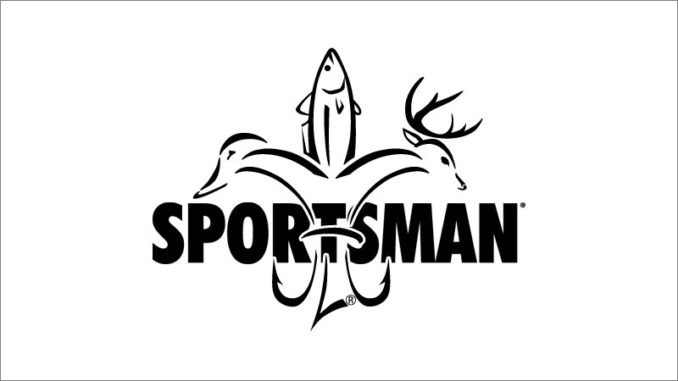
The events of recent months have revealed more problems with agencies that manage fish and wildlife in North Carolina. Seats apparently have been bought on the North Carolina Wildlife Resources Commission, and the N.C. Marine Fisheries Commission voted once again to hammer declining stocks of southern flounder instead of protecting these fish. These occurrences didn’t cover the agencies in glory.
A common problem exists — a disconnect between the agencies’ professional staffs, the public and politically appointed commissioners.
One would expect staff biologists at such agencies — the two most important in the state when it comes to outdoors conservation and recreation — would be the major driving forces behind natural-resource policies. Biologists spend years in college, obtain advanced degrees in their specialties and possess hands-on experience in managing fish and game.
But too often, their suggestions have been ignored or discarded in favor of politically- or financially-driven agendas. In effect, proposals supported by sound biology often are overruled at the commission level, if they ever reach that high. Sometimes the reasons are personal desires of commissioners, and sometimes money is involved — especially where saltwater fish and netting are involved.
Fred Harris, the former assistant and interim executive director of the N.C. Wildlife Resources Commission, recently spoke to a group of dedicated sportsmen, and offered a potential solution. Harris suggested it’s possible the bottom-to-top hierarchal framework of these agencies (a common organizational model) may be the major culprit.
“To be successful in fish and wildlife management, information must flow horizontally and not vertically,” he said.
Harris meant workers (such as biologists) now are at the bottom of information flow charts. In such models, good ideas often don’t have an easy pathway to decision-makers at the top.
But Harris offered a “custom organizational model” wherein workers, middle managers, decision makers and the public are interconnected, so information easily flows to and from everyone in the organization.
“(Wildlife management) isn’t all science and shouldn’t be,” he said. “Values come from the community; science shouldn’t dictate values.”
If such a work model were in place, it’s less likely marine fisheries commissioners would vote to disregard biologists and advisory council advice and, for example, extend flounder netting season when flounder numbers are depressed. It’s also possible a wildlife commissioner wouldn’t have tried to change the long-standing framework of half the state’s deer seasons. A consensus built through shared information is difficult to oppose.
To solve problems at North Carolina’s main fish-and-game agencies, two steps need to be taken: 1) Political donations should not influence appointments to the N.C. Wildlife Resources Commission; 2) No individual with any type of monetary interest in saltwater resources should be appointed to the N.C. Marine Fisheries Commission, Then, Harris’ organizational model should be tried, with biologists able to directly communicate with middle managers, decision-makers and the public.
Today, many sportsmen feel alienated from their fish-and-game agencies. Commissioners apparently also have been alienated from good information and made some really bad decisions.




Be the first to comment